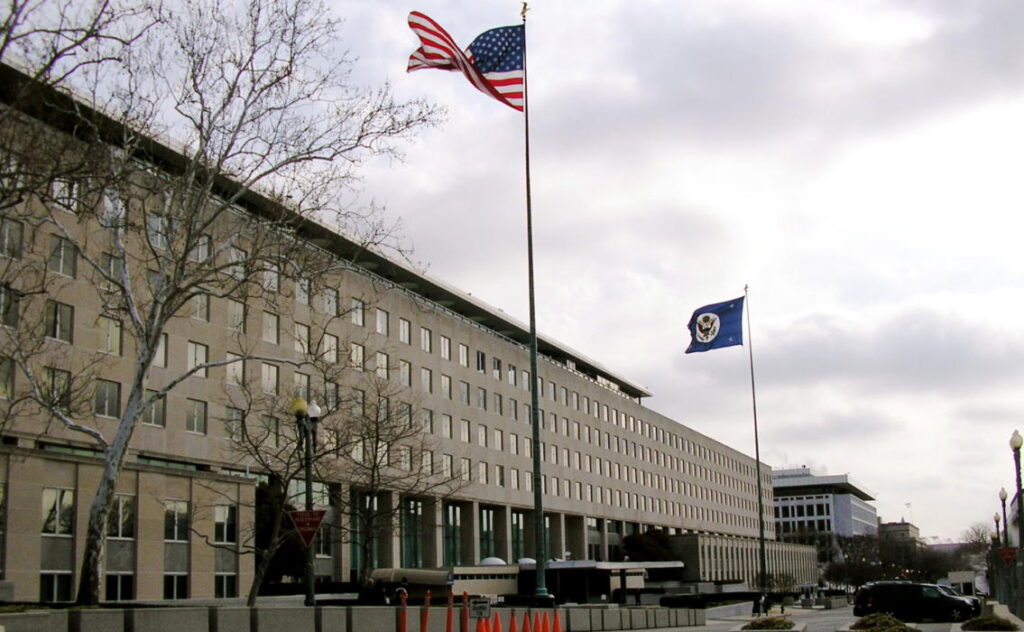This past Sunday, the JFK Library awarded Poppy Bush their Profile in Courage Award for breaking his “Read-My-Lips: No-New Taxes” pledge. The idea being that he did the right thing for the country even while knowing he would pay a hefty political price for it. Steven Mufson disputes both the courageousness of Poppy’s decision and the idea that it cost him reelection. Here, he tackles the question of political fallout:
It has become a central part of political mythology that Bush lost the 1992 election because of the 1990 budget deal and the breaking of the “read my lips” pledge from 1988. But there is limited evidence to support that. President Ronald Reagan campaigned on a platform of cutting taxes, and then after cutting them reversed himself three times and still was reelected. And Bush lost the 1992 election in a three-way race against Ross Perot and Bill Clinton, both of whom campaigned on programs that included tax increases larger than the 1990 deal. In his book “Who’s in Control?” Bush’s budget director, the late Richard G. Darman, noted that “together, these advocates of big additional tax increases – Clinton and Perot – got 62 percent of the vote. So it seems hard to defend the proposition that the vote against President Bush was a vote against taxes.”
That’s an interesting statistic. Candidates advocating higher taxes to pay for deficit reduction won 62% of the vote in the 1992 presidential election. It’s easy to draw from that that the electorate wasn’t particularly opposed to a tax hike. But it’s also a tunnel-visioned way of assessing the price that Poppy paid for his heresy.
In addition to a bad economy, Poppy was wounded by the surprising strength of Patrick Buchanan’s candidacy, which necessitated a prime speaking slot at the notoriously frightening Houston convention.
When Buchanan announced his candidacy on December 10, 1991 at the New Hampshire State Legislative Office Building, he explained his rationale for running:
Why am I running? Because we Republicans can no longer say it is all the liberals’ fault. It was not some liberal Democrat who declared, “Read my lips! No new taxes!,” then broke his word to cut a back room budget deal with the big spenders.
Buchanan attacked the flip-flop throughout his lengthy campaign, driving a wedge between conservatives and the Republican president, and weakening Poppy’s credibility with the general electorate. The strength Buchanan derived from the attack gave him a bigger platform to spew odious beliefs that tarnished the image of the GOP and made them seen extreme.
The problem for Poppy wasn’t that the public at-large was opposed to raising taxes to pay down the debt. The problem was a lack of enthusiasm within conservative ranks combined with a reputation of not being as good as his word. When combined with other factors like a bad economy, a strong populist third-party challenge from Ross Perot, and an unusually talented campaigner in Bill Clinton, this proved fatal.
So, he did pay a hefty political price for breaking the pledge. That doesn’t mean he showered himself in glory with a show of courage, however. He did the right thing, but it did it without enthusiasm, without leadership, and without a willingness to vigorously defend the principles he was operating under. The legacy, then, became toxic, as Ed Kilgore explains:
The most important effect of the flip-flop was probably the development of an ever-more-stringent set of pledges and litmus tests among Republican pols to ensure that no one ever again would agree to a tax increase under any circumstances. If the definition of “courage” is to do something that could never be emulated, then Poppy richly deserves his award.
That’s not a record worthy of a Profile in Courage award.
